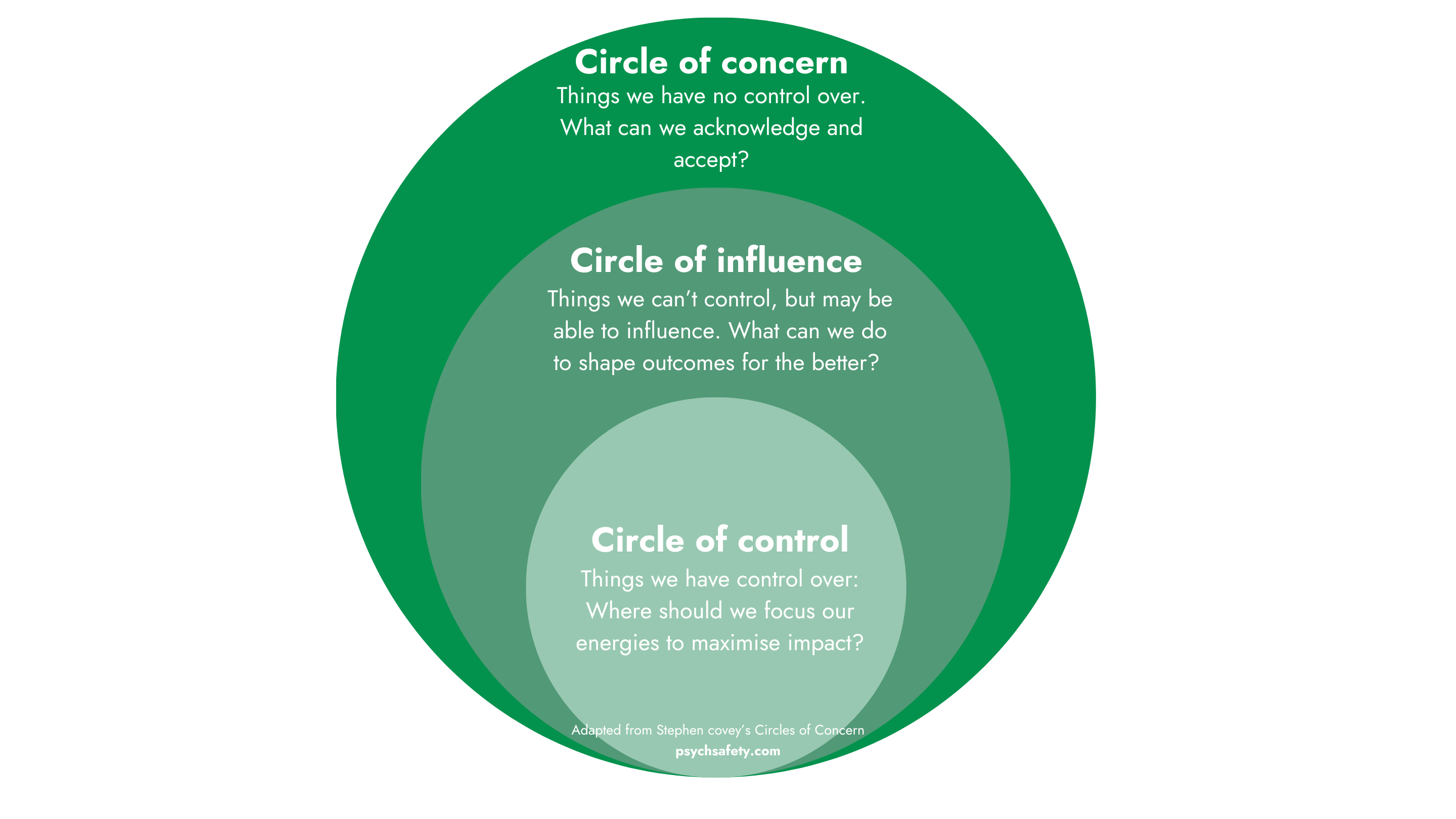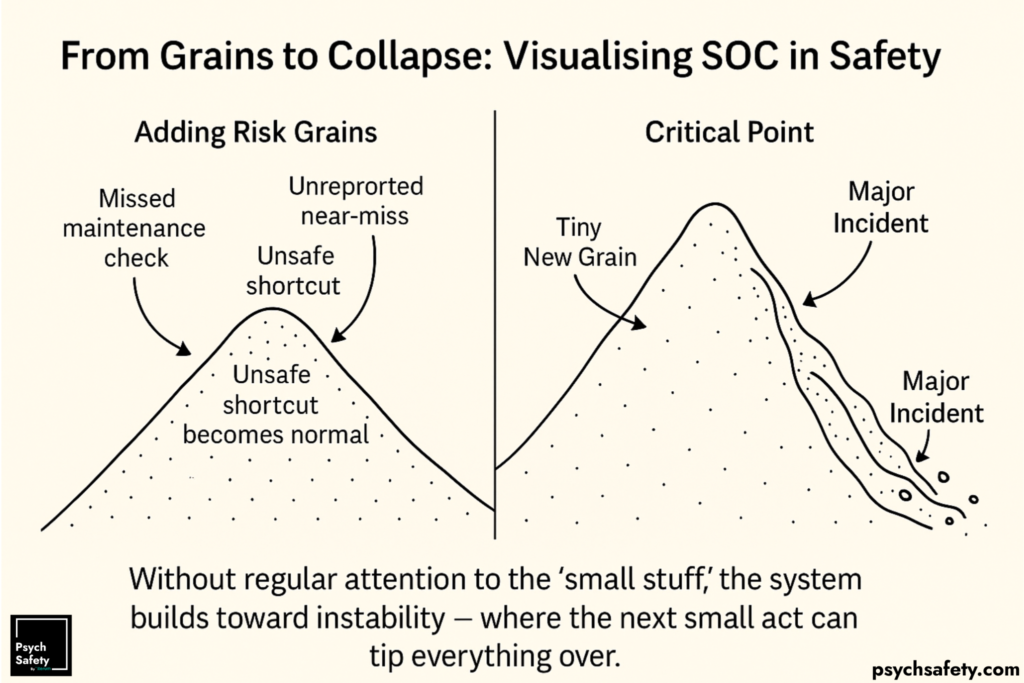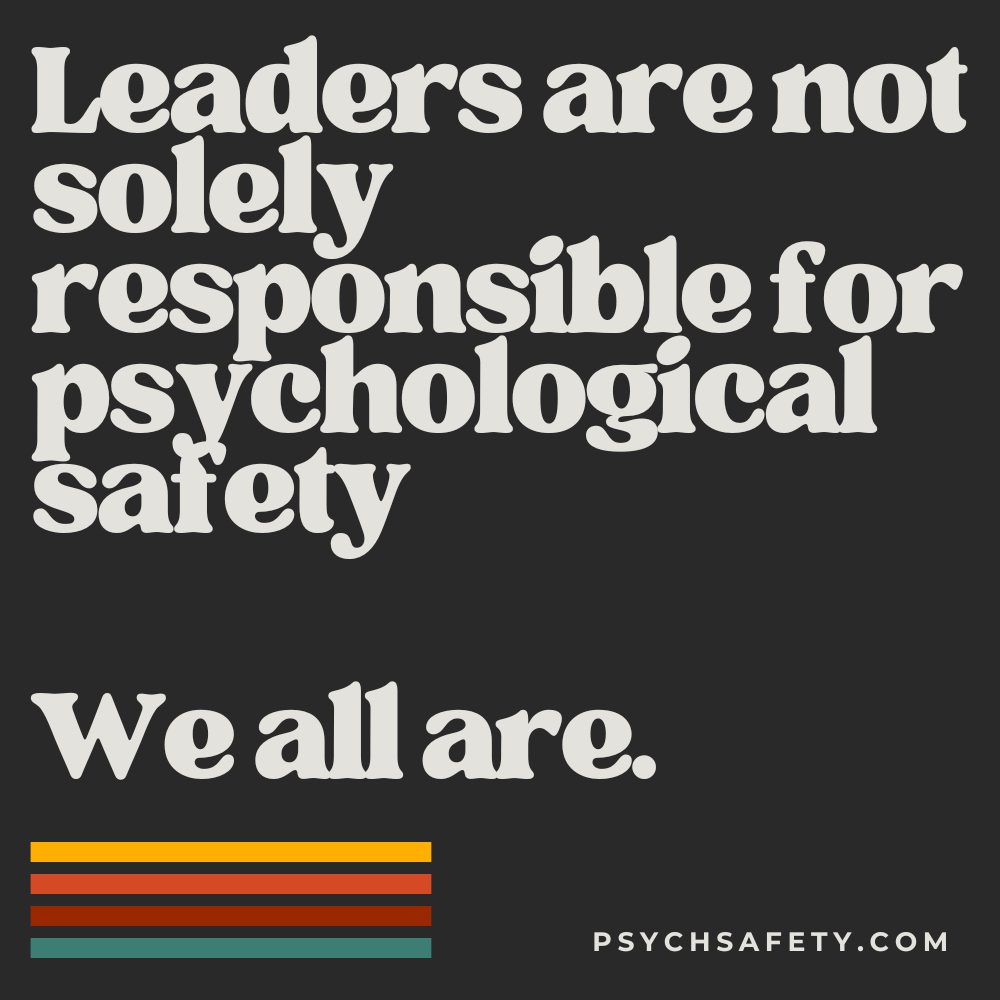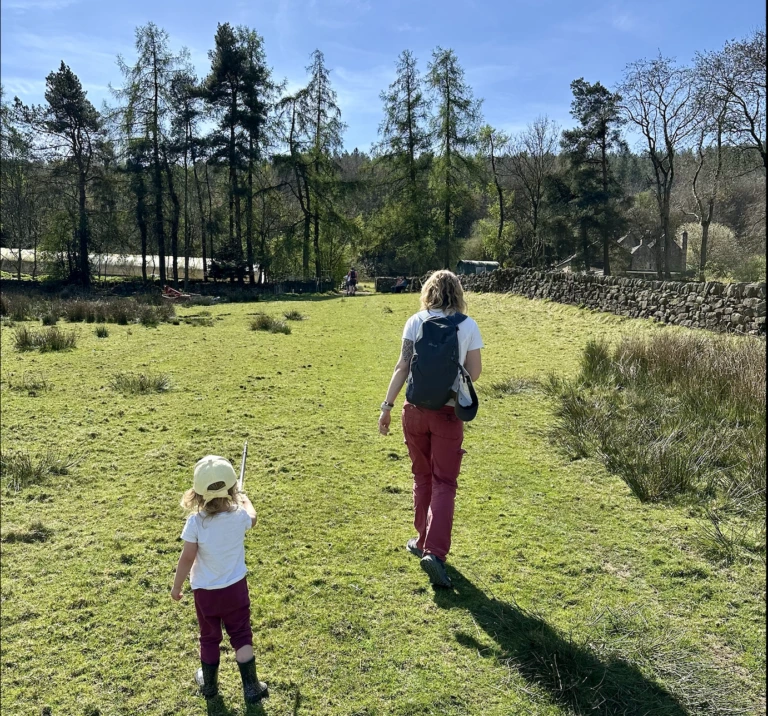Work doesn’t have to suck
By Jade Garratt
The start of a new year seems like a good time to reflect on how work feels, and how we feel about work. For too many of us, going to work isn’t a wholly positive experience. A large scale study in the UK found that in terms of our in-the-moment happiness, paid work makes us unhappier than any of the other 39 activities we engage in, except for being unwell in bed. According to this study, engaging in paid work makes us more unhappy than being in a queue, commuting or doing chores.
This is clearly not good news for the world of work, but it’s probably not that surprising to the many of us who, at some point in our lives, have experienced Sunday night dread, fantasised about quitting or wasted precious time outside of work worrying about it or trying to fix things that ought to be managed inside our working hours. And when work sucks, it affects our non-work lives too: we may be distracted by work issues even when we’re not there, and not able to dedicate ourselves or be in the moment when we’re spending valuable time with family and friends.
Our mission at Psych Safety has always been to make the world of work a safer, higher performing, more inclusive and equitable place. We don’t believe we get to that by making work miserable and we don’t believe work has to suck. But so often, for so many people, it does.
“Not everything that is faced can be changed, but nothing can be changed until it is faced.”
― James Baldwin
So how can we even start to address what seems to be such a widespread issue? One way is by acknowledging that there is a problem, or more likely, multiple problems, and beginning to understand the situation better. Questions we can ask ourselves include:
- Why is it that work feels bad at the moment?
- What am I struggling with?
- How do others in my team and organisation feel?
- What’s holding us back from being happier at work and in our work?
And this should give some clues as to some of the practical things we can do to try to address our challenges. Research shows that our happiness at work is particularly impacted if we feel under pressure or over-utilised. If we, or our colleagues, feel overworked, isolated or under-supported, then making work visible is a great place to start, since making work visible is the first step to managing the flow of work. Improving reporting mechanisms, such as by strengthening one-to-ones and bringing in 15:5s can be really helpful in this. If meetings are a source of stress, re-establishing our social contracts around how we work in them, and even rethinking meeting structures altogether might be a way forward.
On a more basic level, research suggests that there are things we can do while we work which improve our happiness (or at least make us less unhappy), including socialising and listening to music. Who we work with and our relationship with them matters, as does where we work – working from home generally makes us happier and more productive than working in an office.
Of course some of this might not be within our control, and Stephen Covey’s Circles of Concern model can be useful here. There are things at work (and in life!) that we can control, things we can influence and things that are beyond our control or our influence.

Something to bear in mind is that generally we find when we’re working with people on improving how they work, our circle of control tends to be smaller than we like to believe, but our circle of influence is often much bigger than we realise. So while it might feel frustrating that we can’t directly control how things play out, the positive changes we make will likely ripple out far further than we realise.
But part of the challenge of improving how work feels might be more about addressing our own limiting beliefs about work, and how it should feel. We have to challenge the idea that work has to suck. Too many of us have internalised a notion that because it’s work, we shouldn’t enjoy it. That’s not true! It’s not to say that work should always feel easy, but there is a big difference between feeling appropriately challenged, stretched and motivated in our work, and feeling awful.
High performing teams are high performing because they’re happy, not happy because they’re high performing.
If we are constantly telling ourselves things should be difficult, we’re likely perpetuating behaviours which are unhelpful and counterproductive. We might even find ourselves avoiding getting to know colleagues or pursuing things that really interest us because that would mean having “too much” fun in our work, not listening to music that we like (perhaps for fear of tarnishing it with bad work memories!) or only wearing clothes that feel uncomfortable and not like our true selves.
It’s ok to enjoy work. Happier teams make for higher performing teams. And we spend too much of our lives working for it to be miserable. Work doesn’t have to suck.
References and Further Reading:
How to run psychologically safer meetings
Psychological safety full online course: March 2025
Our online psychological safety workshops cover everything from what psychological safety is to how to measure and build it in organisations. We offer a range of options to suit your needs, from foundational to advanced learning, for everyone from team members, senior leaders, consultants and trainers. All are highly engaging, inclusive and interactive learning experiences.
The workshops will help you to:
- Understand the theory and evidence for psychological safety in relation to team performance.
- Learn key practices for improving and maintaining psychological safety.
- Find out how to measure psychological safety across your organisation or within teams.
- Learn how to foster psychological safety in your teams, organisations, or your own clients.
- Ignite your leadership and management teams with the benefits of psychological safety.
- Use and apply the Psychological Safety Action Pack with teams to measure, build and maintain psychological safety
- Deliver your own workshops and training sessions with tools and techniques gleaned from our experience running training sessions over the past few years.
All our training options and workshops provide certificated CPD hours and Credly badges to evidence your professional development.

Psychological Safety in Practice
Safety amid the scalpels: creating psychological safety in the operating room
Here’s a great new paper by community member Jonathan Cohen MD and colleagues, about fostering psychological safety in the operating room. Jonathan and his co-authors have done a great job of aggregating rigorous and contemporary research alongside current best practices, while also addressing common misconceptions about psychological safety, such as its conflation with creating a ‘safe space.’
Some key points include:
- Psychological safety is created both by the absence of negative behaviours as well as specific positive behaviours.
- Psychological safety is contextual, and affected by the nature of the work done by people in the groups.
- Psychological safety is not the goal: the goal (in this context) is continuously improving outcomes of innovation and safety.
How to live forever
by Matthew Inman at The Oatmeal

Carl Rogers on Empathy
Carl Rogers was the first (that we know of) to use the term “psychological safety”, in a 1954 collection of papers on Creativity, in the context of establishing conditions where an individual feels they possess “unconditional worth“, and fostering an environment where external evaluation is absent. Here’s a wonderful video of Carl Rogers speaking on the topic of empathy.
“A high degree of empathy in a relationship is possibly the most potent factor… in bringing about change and learning and so I believe it’s time for me to forget the caricatures and misrepresentations of the past and take a fresh look at at empathy.”
This week’s poem:
“When we try to pick out anything by itself, we find it hitched to everything else in the Universe.”
John Muir, from “My First Summer in the Sierra” (1911)
Sometimes I Muck Up
After lots of you asked for “Safe For Work” versions of our “Sometimes I F*ck Up” stickers, we’ve created these “Sometimes I Muck Up” stickers available in our online shop!

The post Work doesn’t have to suck appeared first on Psych Safety.





